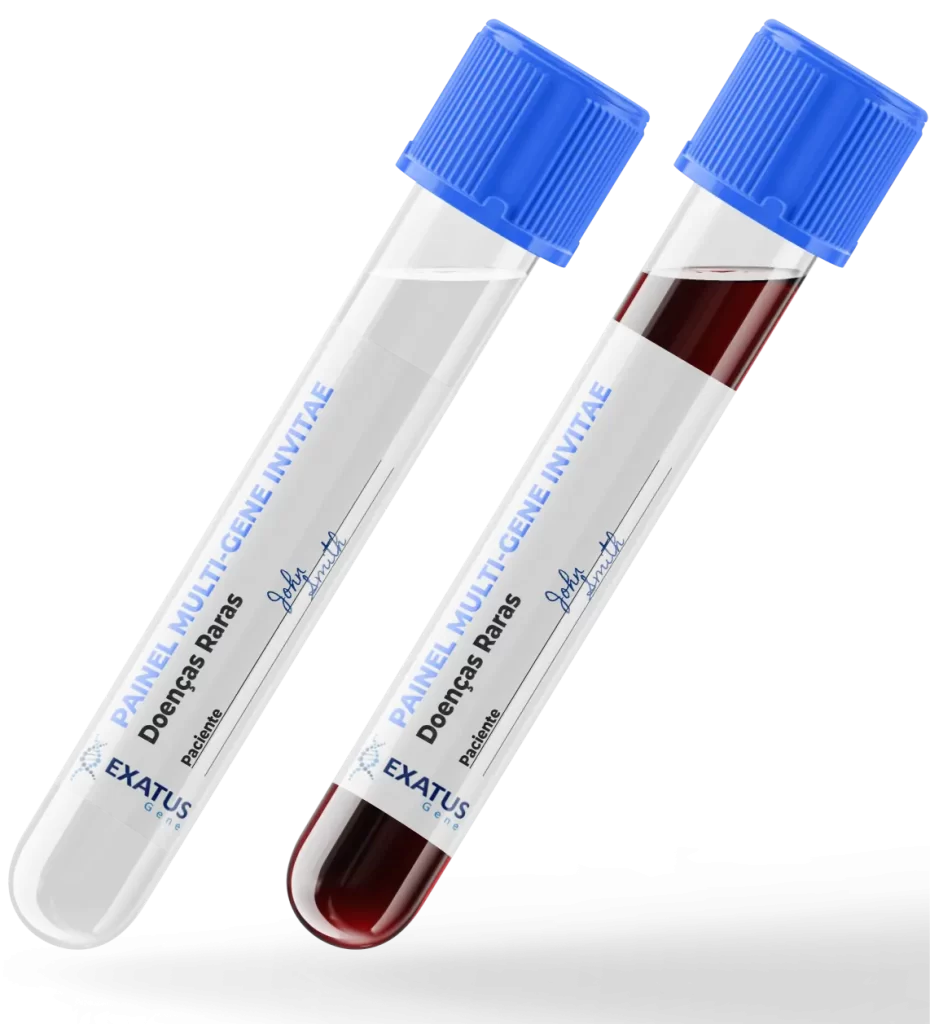
Invitae offers a wide range of multi-gene panels focused on various areas of study, including cardiology, ophthalmology, pediatrics, neurology, dermatology, endocrinology, immunology, nephrology, and hematology.
Approximately 50% to 60% of diseases affecting the retina have a genetic cause, involving mutations in various genes, such as those associated with juvenile macular degeneration or Usher syndrome.
The Foundation Fighting Blindness and publications from the American Academy of Ophthalmology (AAO), in addition to studies published in journals like Ophthalmic Genetics.
80% to 90% of cases of neuromuscular diseases have a genetic cause, with a prevalence of 1 in every 3,000 to 5,000 people.
Reviews from the Muscular Dystrophy Association (MDA) and publications like The Lancet Neurology.
Consider this test in the following cases:
The panel covers:
The panels range from 2 genes to 830 genes, depending on the chosen panel.
The methodology used for this test is as follows:
Blood: No fasting required.
Saliva: 30 minutes of total fasting.
Up to 21 calendar days
Medical request.

| Type | Description |
| Technique | NGS + CNVs |
| Depth | >100x |
| Coverage | >99% of regions |
| VUS Resolution | Sanger, MLPA |

Main Office Rua Bento Gonçalves, 59, Room 802 — Centro, Marau, RS — 99150-000
Porto Alegre Office Rua Gomes Jardim, 301 , Room 918/909 — Santana, Porto Alegre, RS — 90620-130